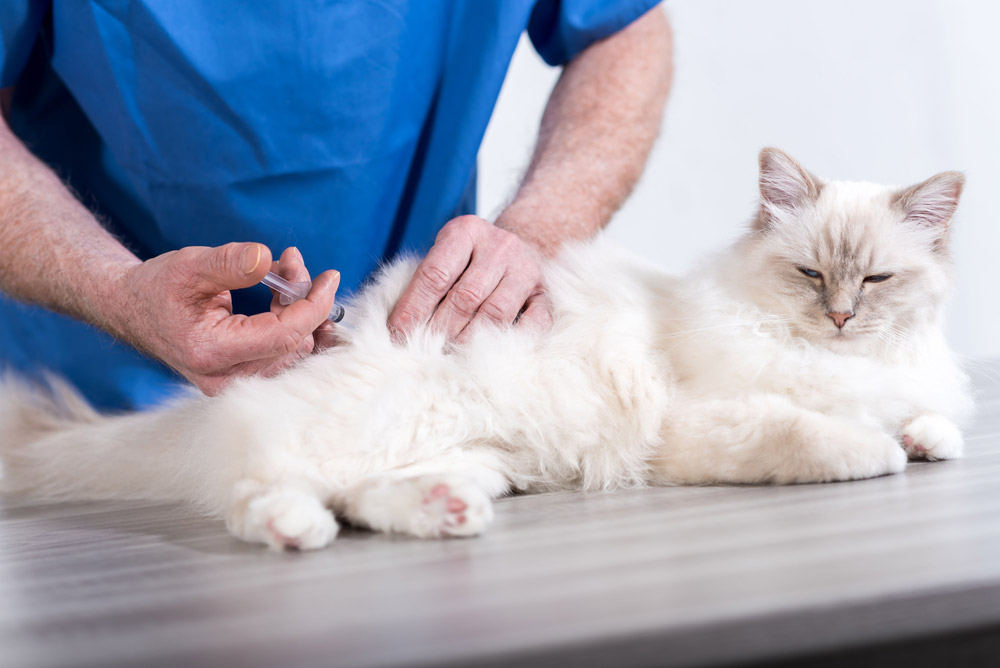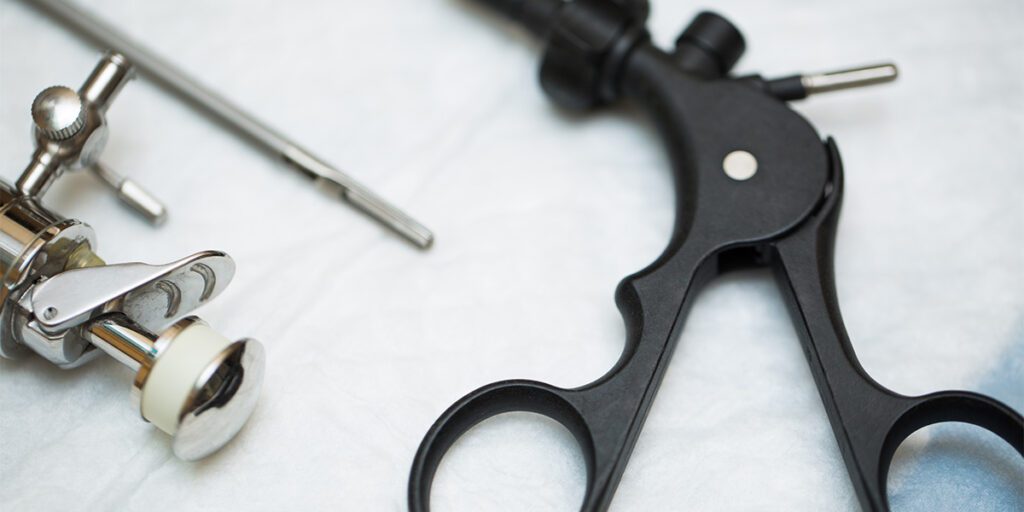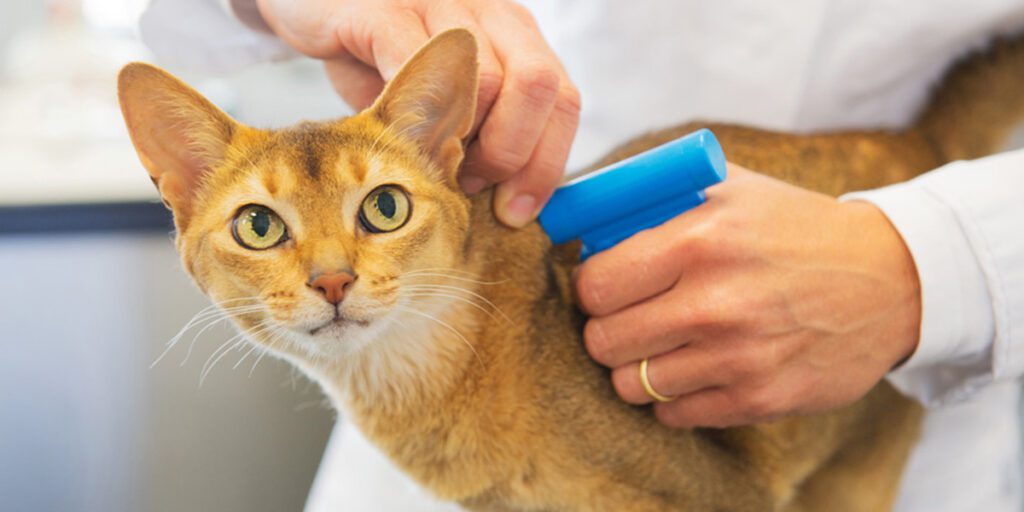The bond between humans and their pets is a strong one. Keeping them safe, well and free from parasites and disease is something we all take seriously, but recent research has shown that we need to extend our concern to the environment our families live in too.
Flea and worm treatments are defined as an antimicrobial by the World Health Organisation. This is the same categorisation as antibiotics, the habitual use of which has already caused resistance issues. Recently, concerns surrounding parasiticide use have extended further than considerations around resistance. Research from Imperial College London recently highlighted how chemicals used in parasiticides are being found in urban waterways, often at high enough levels to cause potential harm.

The Evolving Landscape of Parasiticide Use
Parasiticides play a crucial role in safeguarding the health of our pets. However, there is a growing emphasis on responsible and sustainable practices. As humans and pets who enjoy where we live, we need to remain aware of the potential risks associated with certain parasiticides, and we are actively seeking alternative treatment plans to protect our pets that prioritise both efficacy and safety.
One way of doing this is through integrated pest management. This holistic approach involves a ‘test and treat’ approach where deemed appropriate (it’s better for some pets including puppies and kittens to be fully protected by vaccination), as well as the implementation of environmental control measures. Regular cleaning of living spaces, proper disposal of pet waste, and maintaining awareness of your pet’s lifestyle can significantly contribute to reducing the risk of parasitic infestations. Does your dog like to swim? Do you always pick up and safely dispose of dog poop when you walk? Does your cat roam and explore?
Test and Treat – how does that work?
One way to approach flea and worm protection is through testing then treating and / or vaccinating if they need it. There are positives and negatives to this with the environment being better protected and vaccines not being given unless they really need them, but there are also potential problems that could arise with gaps in protection leaving them (and sometimes depending on the pest or disease) your family. Testing for worms involves quarterly faecal samples being tested, regular coat checks, and annual blood titre testing to check their levels of immunity.

Vaccination: A Cornerstone of Preventive Healthcare
Vaccination remains key to preventive healthcare. The advancement of veterinary medicine has led to the development of vaccines that protect against a wide array of infectious diseases. The current thinking just emphasises the importance of customising vaccination protocols based on individual pet needs, risk factors, and regional prevalence of diseases.
Core vaccines, such as those protecting against rabies, canine distemper, and feline herpesvirus, are considered essential for all pets. Some vaccinations only last a year – for example Leptospirosis would need to be repeated yearly and others may last longer.
Non-core vaccines are administered based on a pet’s lifestyle and potential exposure to specific pathogens. For example, dogs that frequently interact with other dogs in communal spaces may benefit from vaccinations against kennel cough.
Annual titre tests measure the concentration of antibodies in a pet’s blood and can help determine if re-vaccination is necessary. This approach aligns with the principle of avoiding unnecessary vaccinations and ensures a more personalised and targeted approach to healthcare.
The responsible use of parasiticides and vaccinations is an evolving and dynamic aspect of pet healthcare. Our advice will always be to do what gives your pet the best chance of a healthy and happy life. Whilst leaving gaps where pets can become ill or take parasites onboard, we recognise that in some circumstances, it’s desirable to explore another path. By embracing a holistic and individualised approach where requested, we hope to ensure that the pets within our community lead healthy, happy lives while minimising the environmental impact of previously standard practices.


